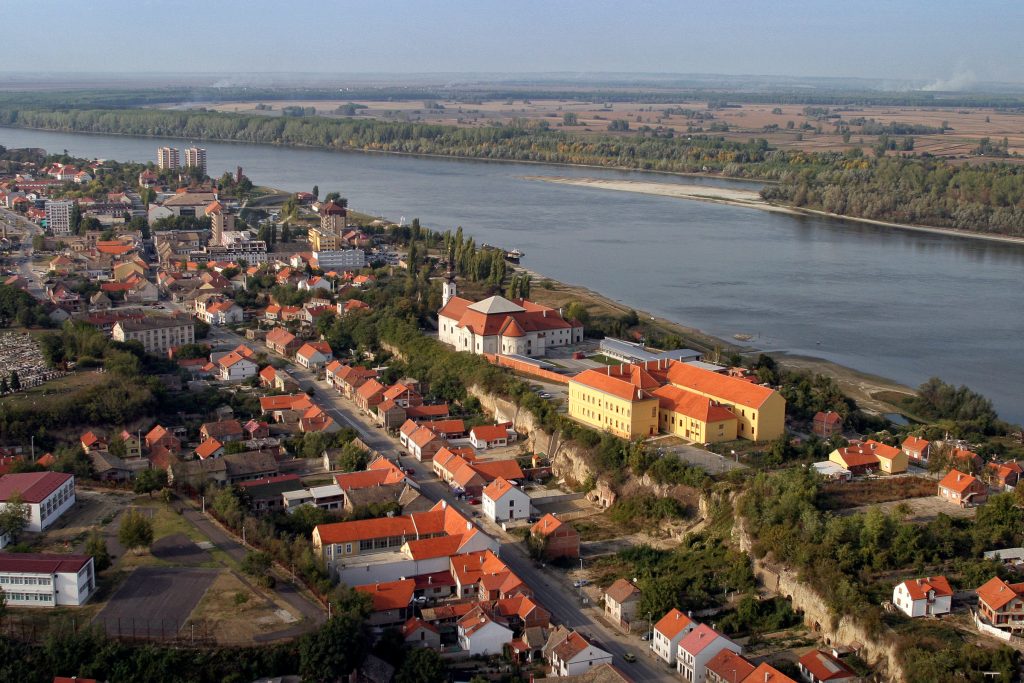The peaceful reintegration was based on two peace agreements – the Erdut Agreement, adopted as part of a wider package with the Dayton Agreement, and a document adopted on this date in which the UN Security Council approved the mandate of the UN transitional administration for the peaceful reintegration of Eastern Slavonia and defined the status and rights of Serbs in Croatia and their institutions, Pupovac said in Vukovar.
He said that the peaceful reintegration had not only brought peace but had also helped restore inter-ethnic trust.
“The restoration of trust between the majority Croats and the minority Serbs was a prerequisite, then as it is now, for the democratization of the country, emergence from the war and ethnic conflict, and the return of displaced Croats and Serb refugees,” Pupovac said, noting that these achievements were sometimes valued too little.
He said that the peaceful reintegration, the Erdut Agreement, and the Letter of Intent had also laid the ground for mutual recognition of and cooperation between Croatia and Serbia. “That is very important for Croatia and the Serb community and for the relationship between Croatia and Serbia.”
Those who have in the past years been hoping for “a peacetime Storm”, trying to deprive the Serbs of their right to use Cyrillic alphabet and expel them based on criminal prosecution for war crimes, are actually working against the peaceful reintegration and the commitments arising from that process, Pupovac said.
He noted that Croatia, unlike some other countries of the former Yugoslavia, had emerged from the war as a reintegrated country thanks in part to people who led the peaceful reintegration process on behalf of the Serb community, such as the former Independent Democratic Serb Party (SDSS) leader Vojislav Stanimirović, for which he said he never received due recognition from some political circles, except President Tuđman.
Speaking of the anniversary of Croatia’s international recognition, which is also marked on 15 January, Pupovac said that it was firmly connected with the issue of minority rights, especially the rights of the Serb minority.
He recalled that international recognition was preceded by the adoption of the constitutional act governing the rights of ethnic minorities, adding that all countries that had been advocating the international recognition of Croatia had demanded the adoption of an appropriate mechanism for the protection of minority rights.
The head of the Joint Council of Serb-majority municipalities (ZVO), Dejan Drakulić, said that the peaceful reintegration process was still ongoing because some issues of importance to the Serb community remained unresolved, citing autonomy in education and certain status issues.
“Our task is to emphasize the importance of peaceful reintegration and the need to develop a more democratic and more tolerant society,” Drakulić said.
The SNV and ZVO held a meeting in Vukovar to mark the anniversary of the peaceful reintegration of the Danube region and the international recognition of Croatia.
The peaceful reintegration process began on 15 January 1996 when the UN Security Council passed Resolution 1037, establishing a transitional administration for Eastern Slavonia. Retired US general Jacques Paul Klein was appointed transitional administrator. The process formally ended on 15 January 1998 with the UN handing over the administration of the region to Croatia.
For more on politics, follow TCN’s dedicated page.









